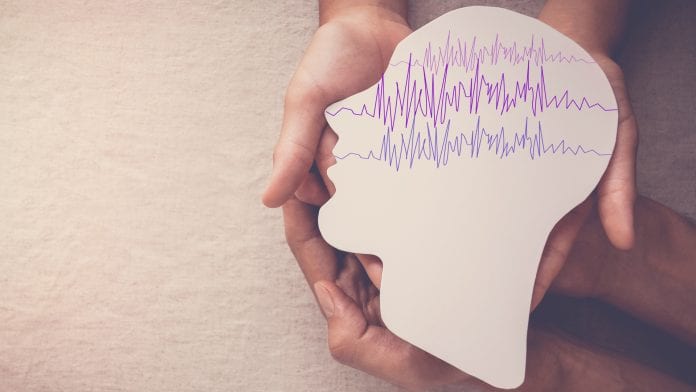
Researchers conducting the biggest study into reports of life-threatening COVID-19 strokes hope the research may help to prevent death and disability, related to the virus.
Funded by the Stroke Association and building on the work of the British Heart Foundation (BHF) Data Science Centre at Health Data Research UK (HDR UK), the study will compare strokes in patients who have tested positive for COVID-19 with patients without the virus, to confirm if COVID-19 increases the risk of stroke and, if so, by how much.
Risk of stroke
For the study, the researchers will also analyse stroke risk and characteristics including age, sex, ethnicity, and geography to identify which COVID-19 patients may be most at risk of stroke. This will then be compared to increases in stroke risk due to other infections and cardiovascular conditions.
Dr Rubina Ahmed, Research Director, Stroke Association said: “Stroke already strikes every five minutes and we’re extremely concerned that COVID-19 may lead to more strokes, destroying more lives. Equally concerning are reports that stroke patients who have COVID-19 may be younger, and experience more severe effects of stroke, including death.
“Severe illness due to COVID-19 is a challenge enough – but it’s worrying that a deadly stroke might also be on the way. This new research can help guide the development of new treatments that can prevent life-threatening strokes.”
Dr William Whiteley, Reader in neurology at the University of Edinburgh and a lead on this research said: “COVID-19 may cause stroke in some patients. So far studies of COVID and stroke have been small. More data will improve our understanding and give a better idea of the risks of stroke after COVID-19 infection.
“With the funding of the Stroke Association and access to the data and research community brought together by the BHF Data Science Centre, the team can use health information from nearly all adults in the UK. By working with information specialists, we’ll be able to accurately detect even the smallest increase in risk of stroke across different groups of people. We’re incredibly grateful to have the support of charities to help get this urgent research underway, so that we can better inform patients and health care professionals about COVID-19 and risk of stroke.”
Juliet Bouverie, Chief Executive of the Stroke Association said: “We’ve been supporting stroke survivors throughout the pandemic through our Helpline and our Stroke Association Connect and Here For You services.
“Strokes changes lives in an instant, and stroke survivors need support to recover, cope, and adapt and those with COVID-19 may have additional needs. We need to be prepared with new knowledge about links between COVID-19 and stroke to support people affected by stroke long into the future.”







